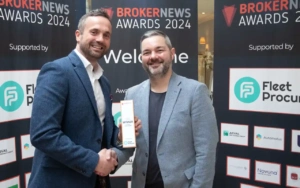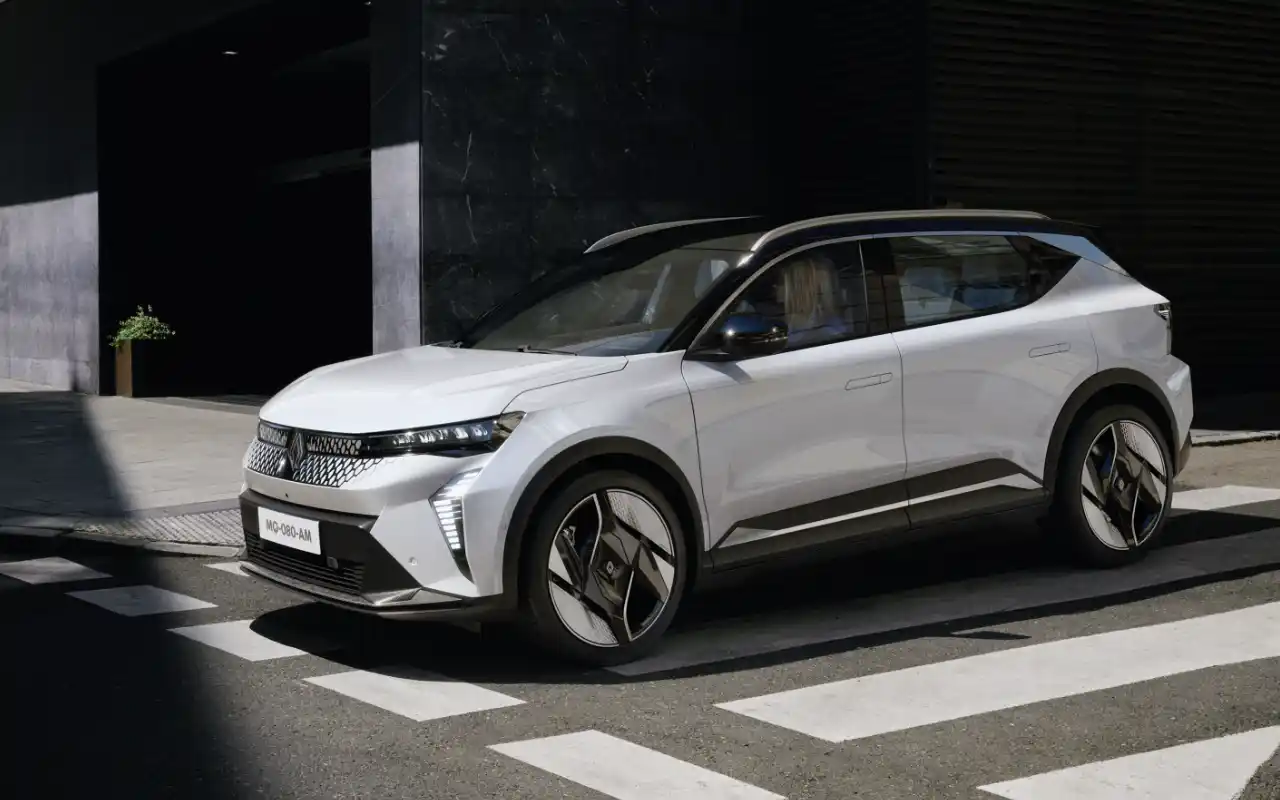Microleasing – more akin to short-term rental – is a more flexible product than car subscription or long-term leasing. Giles Chapman explains how leasing brokers can provide microleases as part of their product offering
THERE used to be a comforting certainty to car leasing that the typical carbuyer could easily adjust to – adjust to, that is, after they’d made the sound choice NOT to buy a new car outright. Once the preferred model was chosen from their preferred leasing broker, a familiar Ford or a very dependable Volkswagen Golf, the car would arrive and usually a contented three-year residency of the driver’s seat would begin.
There would be safety in the knowledge that, if the car had the slightest defect, the lease company would sort it out. With care, too, that desirable ‘new car smell’ could be preserved for 36 months, and then the whole no-brainer process could start all over again. Converts rarely switched back to the aggravating personal responsibilities of depreciation and expired warranties.
Old-school Mondeos and Golfs, though, belong firmly in the fossil fuel-burning recent past. The electric evolution is now in full swing. New petrol- and diesel-powered cars will be obsolete in 2035, and in advance of that, leading European markets are already seeing electrics account for nearly one third of new car sales, even though there’s much talk of a slow down in demand.
The big step into EVs
Most intelligent drivers know the big switch is coming soon. Making that change entails a certain leap of faith, however. And that’s where the new trend in microleases can step in as a conduit for change. Not only that, but their attractions can be harnessed by leasing brokers as a great way to drive new business potential.
The microlease concept is, at heart, dead simple, and makes a very attractive proposition for you to offer clients.
A traditional car lease locks a driver into, usually, a three-year period of sharing her or his life with a single specific vehicle. This is fine for someone who has a settled life plan, or perhaps isn’t very demanding about what they trundle around in.
A microlease has a drastically shorter length – generally a year, or perhaps as brief as six months – and depending on the inventory state of the manufacturer concerned (ie: a bit of a glut…) the monthly payments could be a good deal less than for a conventional, 36-month-lease period.
Behind the growth of the microlease lies the unease swirling around the automotive industry at present. Electric car manufacture is generally replacing internal-combustion engine-powered equivalents, impelled by legislation, but the products flowing off the production lines have to find homes. They need to go somewhere, and leasing is one very practical route.
From the consumer viewpoint, electric cars are a hot news topic, subject to constant speculation over, for example, emerging battery technologies and the size of the charging network. It tends to give a background hum of uncertainty that works against picking a new electric car, or even being saddled with one for a long lease period. The lithium-ion battery was THE thing, for example, and then suddenly everyone is speculating about solid-state powerpacks. Such talk breeds hesitancy…
Providing the microlease opportunity
So there is your opportunity; you have apprehensive clients with fingers hovering above the ‘go’ button, but the one-year commitment of a microlease – along with your guidance – could help them to make the zero-emission changeover in a way that feels comfortable and not too exposed to future developments as the car industry fully electrifies.
Is there a downside? Not really, apart from the fact that a microlease, despite its short currency, isn’t quite as flexible as an electric car subscription, where the driver can swap cars after merely weeks behind the wheel. A microlease, however, could be just the thing to please a nervous client, and enhance your reputation as a terrific provider of car solutions…
Find out how Loopit's car subscription service could help your brokerage

Broker News Awards 2024 in pictures
The Broker News Awards 2024 took place at the Orrery in London’s Marylebone. Here are the pictures to remember the event

Broker of the Year 2024 winner profile: Synergy Car Leasing
Synergy Car Leasing was voted Broker of the Year 2024 by the judging panel – here’s the winner’s profile supported by Leasing.com

Broker News Awards 2024 – the winners
The Broker News Awards 2024 – supported by Fleet Procure – produced outstanding winners, with Synergy taking the Broker of the Year title

Broker News Newsletter 24 April 2024
Catch up on the latest leasing broker news in the 24 April 2024 Broker News newsletter

Leasing broker fleet down, but BCH is rising: analysis of BVRLA broker survey H2 2023
Analysis of the BVRLA leasing broker survey for H2 2023 shows the broker fleet is down, but BCH is on the rise

Novuna Vehicle Solutions and Select Lease by Mobilize add support to the Broker News Awards
Novuna Vehicle Solutions and Select Lease by Mobilize add support to the Broker News Awards 2024, which takes place in London on 25 April

Giles Chapman is leading international authority on the automobile, its industry, its culture and its history.



